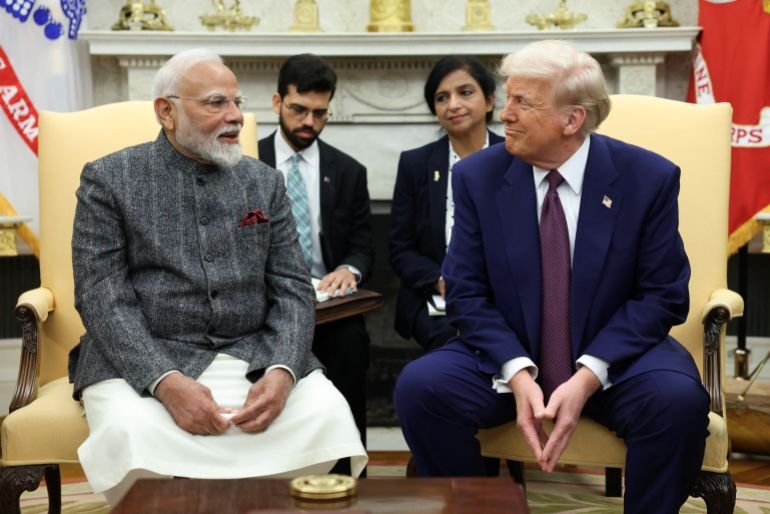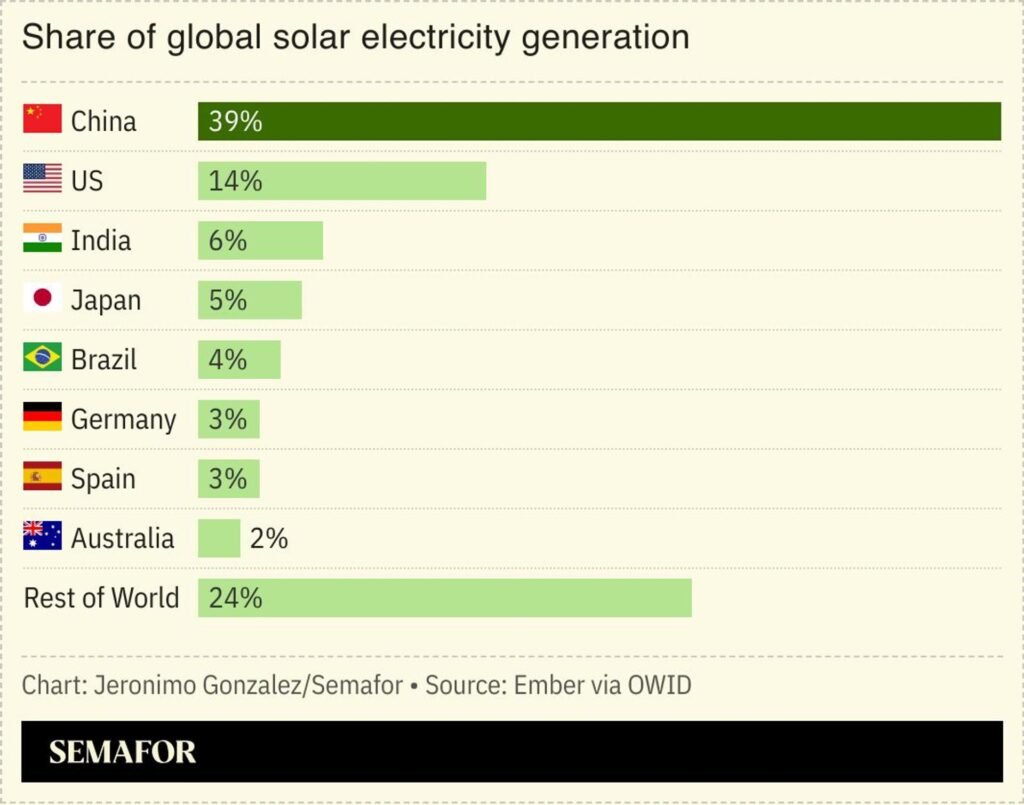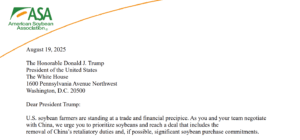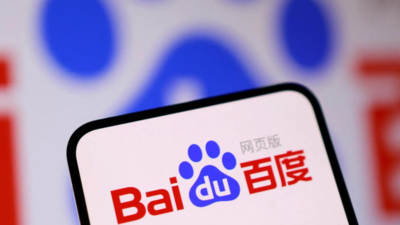The proposal under consideration is to identify non-sensitive areas such as specific segments of manufacturing, renewable energy, and consumer goods, where investment proposals from Chinese companies could be cleared through a faster and simplified approval process, said the first of the two people cited above.
“Talks are underway at the diplomatic level to find a workable solution, keeping sensitive sectors such as defence and telecom, and critical digital infrastructure to ensure that national security is not compromised even as economic benefits are realized,” said the second person. Both spoke on the condition of anonymity.
“As there is no plan to review Press Note 3, investments from China will be considered through the government approval route and not via the automatic route,” this person said. Under Press Note 3, investments from countries sharing a land border with India must be approved by the government first.
India restricted Chinese investments after the deadly clash between the soldiers of the two nations in Ladakh’s Galwan Valley in 2020.Still, trade continued to grow as India relies on its neighbour for imports of pharmaceutical raw materials to electronic parts.India’s imports from China increased from $94.57 billion in FY22 to $113.45 billion in FY25. In contrast, exports to China declined from $21.26 billion in FY22 to $14.25 billion in FY25.

Inbound shipments from China during April–July 2025 stood at $40.66 billion, up 13.1% from a year earlier. Exports to China jumped 20% to $5.76 billion during the period.
On its part, China has also exerted pressure on India by leveraging its dominance in critical sectors. Its near-monopoly on rare earth magnets gives it significant leverage against India, which is heavily reliant on imports. China has also strategically controlled the supply of tunnel-boring machines (TBMs) used in major infrastructure projects, causing delays and increasing costs. This is compounded by the withdrawal of Chinese tech professionals from Indian manufacturing units, potentially disrupting operations.
As Trump announced tariffs on its trading partners, New Delhi started easing some of the curbs to improve strained ties. India has resumed issuing tourist visas to Chinese nationals after a five-year gap. In a parallel move, New Delhi is preparing to restart direct flights to Beijing from next month, restoring air connectivity that has remained suspended since the Covid-19 pandemic. Modi will also visit China for the upcoming Shanghai Cooperation Organisation (SCO) summit.
Queries sent to the ministries of commerce and external affairs remained unanswered till press time.
Need to boost FDI
Trump, meanwhile, imposed the highest 50% tariffs on India, including a 25% penalty for buying Russian oil. The first set of 25% duty came into effect on 7 August, while another 25% will come into force on 27 August, giving India time to negotiate.
However, the sixth round of talks for the India-US Bilateral Trade Agreement (BTA), which was scheduled for 25 August, has been cancelled, and no fresh dates have been announced, leaving the negotiations in limbo.
“As India aims to achieve developed nation status by 2047, building a stronger manufacturing ecosystem and attracting greater investment(from China)without jeopardising the domestic sector will be the key drivers of this ambition,” said Dr Amit Singh, associate professor, Special Centre for National Security Studies at JNU.
India attracted foreign direct investment (FDI) worth $81.04 billion in FY25, up 14% from the previous year, data from the commerce ministry showed. The services sector emerged as the top recipient of FDI equity inflows, accounting for 19% of the total, with investments rising nearly 41% to $9.35 billion in FY25.
However, FDI inflows into India had peaked at $84.83 billion in FY22, according to data shared by minister of state for finance Pankaj Chaudhary in the Lok Sabha on 10 March. FDI slipped to $71.35 billion in FY23 and $71.27 billion in FY24, amid concerns over a potential global recession, economic crises triggered by geopolitical conflicts, and rising protectionist measures worldwide.
Attracting Chinese investments is “important as it could help replenish investment and address the recent decline in FDI flows”, said Biswajit Dhar, a trade policy expert from the Delhi-based think tank, Council for Social Development. “If India is able to attract more export-oriented investments—what is often referred to as investment-led trade—it could also have a positive effect on the country’s rising trade deficit.”
The government targets to attract $100 billion in FDI in FY26.
Modi’s first visit since 2019
Meanwhile, Modi is scheduled to travel to Tianjin, China, to attend the SCO summit from 31 August to 1 September. This will mark his first visit to China since the Galwan Valley clash in 2020. He last visited that country in 2019.
Ahead of the summit, the Prime Minister will visit Japan on 30 August to participate in the annual India-Japan Summit with Japanese Prime Minister Shigeru Ishiba, after which he will head to China, according to media reports.
In the run-up to Modi’s visit, Chinese Foreign Minister Wang Yi will be in New Delhi from 18–19 August for the 24th round of special representatives’ talks on the India-China boundary question with National Security Adviser Ajit Doval, according to a statement from the ministry of external affairs.







